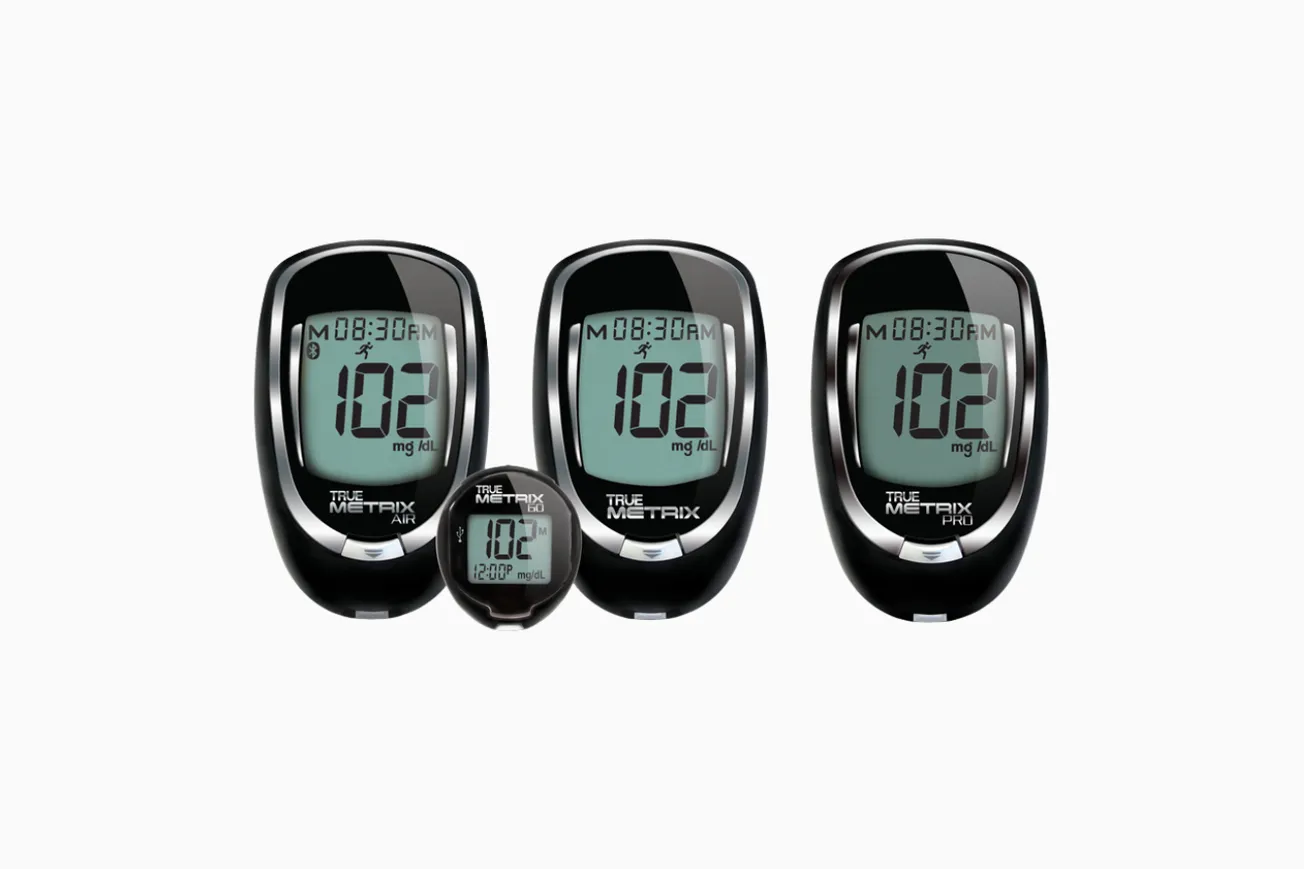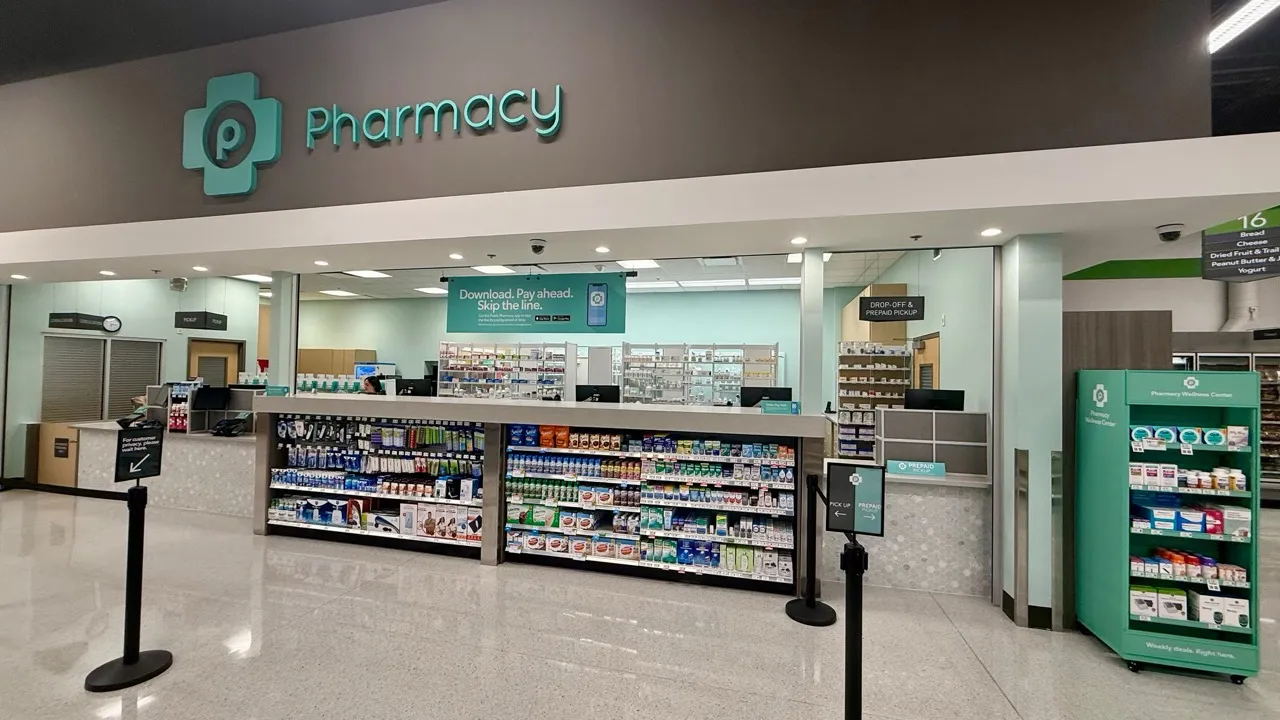BALTIMORE — U.S. Surgeon General Regina Benjamin urged patients with chronic conditions to speak with pharmacists and other health care professionals about the importance of taking their medications as prescribed as part of the National Consumers League’s (NCL) Script Your Future campaign.
 |
Regina Benjamin |
NCL said Wednesday that Benjamin’s comments came with the Baltimore launch of Script Your Future, a public education drive started this spring to raise awareness of the consequences of not taking medication as directed.
Benjamin called medication nonadherence as "a major public health problem."
"Doctors, nurses, pharmacists and other health care professionals can help prevent many serious health complications by initiating conversations with their patients about the importance of taking medication as directed," she said at the Baltimore event. "This is especially important for people with chronic health conditions such as diabetes, asthma and high blood pressure, who may have a number of medicines to take each day."
Baltimore is one of six regional target markets in which Script Your Future will pilot interventions, outreach activities, research and advertising. The local coalition encompasses more than a dozen Baltimore-based health care stakeholders, including University of Maryland School of Pharmacy, the Maryland Pharmacists Association and Pfizer. The event is also an official stop on the AARP/Walgreens Wellness Tour, which provides mobile health tests to communities nationwide.
Also on Wednesday, NCL released findings from a new consumer survey for the Script Your Future effort. The poll revealed that, nationally and in Baltimore, patients who don’t always take their medication as directed are less likely to have received a full explanation of the consequences of their condition, and they are less convinced of the importance of adherence.
Communication between patients and their health care providers is one key factor. According to the study, 79% of patients in Baltimore said they are "very willing" to raise questions or concerns about prescribed medicines with their health care professional, but only 55% indicated that their doctor routinely asks about problems taking medication. Among less-adherent patients, communication with health providers is even less frequent.
"There are many reasons why people don’t take their medicine as directed, from concerns about side effects to the out-of-pocket costs of prescriptions. But the more that patients understand the impact medication has on their health, the more likely they are to keep up with their medication," stated Rebecca Burkholder, vice president of health policy for the NCL. "Script Your Future is working in Baltimore and communities across the country to encourage more conversations about the health consequences of nonadherence and to provide patients and their health care professionals with a range of online tools and resources to help improve adherence among patients with chronic conditions like high blood pressure, diabetes and asthma."
The survey, conducted by Greenberg Quinlan Rosner Research, also found that patients view automatic refills, reduced co-pays and pill boxes as useful tools for improving adherence. Three-quarters of Baltimore patients polled said they found a list of questions for their health care professional to be a helpful tool.
"As we launch the campaign locally, the research reinforces the need to make medication adherence a priority in Baltimore, where 14% of residents are living with diabetes and one in three with high blood pressure," commented Cherokee Layson-Wolf, associate professor at the University of Maryland School of Pharmacy. "Our local efforts are aimed at raising awareness and making tools for adherence more accessible to consumers."
The crux of the Script Your Future campaign is a website, ScriptYourFuture.org, that provides tools to support patient efforts to adhere to their prescription drugs. Tools include free text message reminders, sample questions, medication lists and charts to keep track of medicines, as well as fact sheets on common chronic conditions such as diabetes, asthma and high blood pressure. A sister site with adherence tools for health care professionals, ScriptYourFuture.org/HCP, was launched in March.








